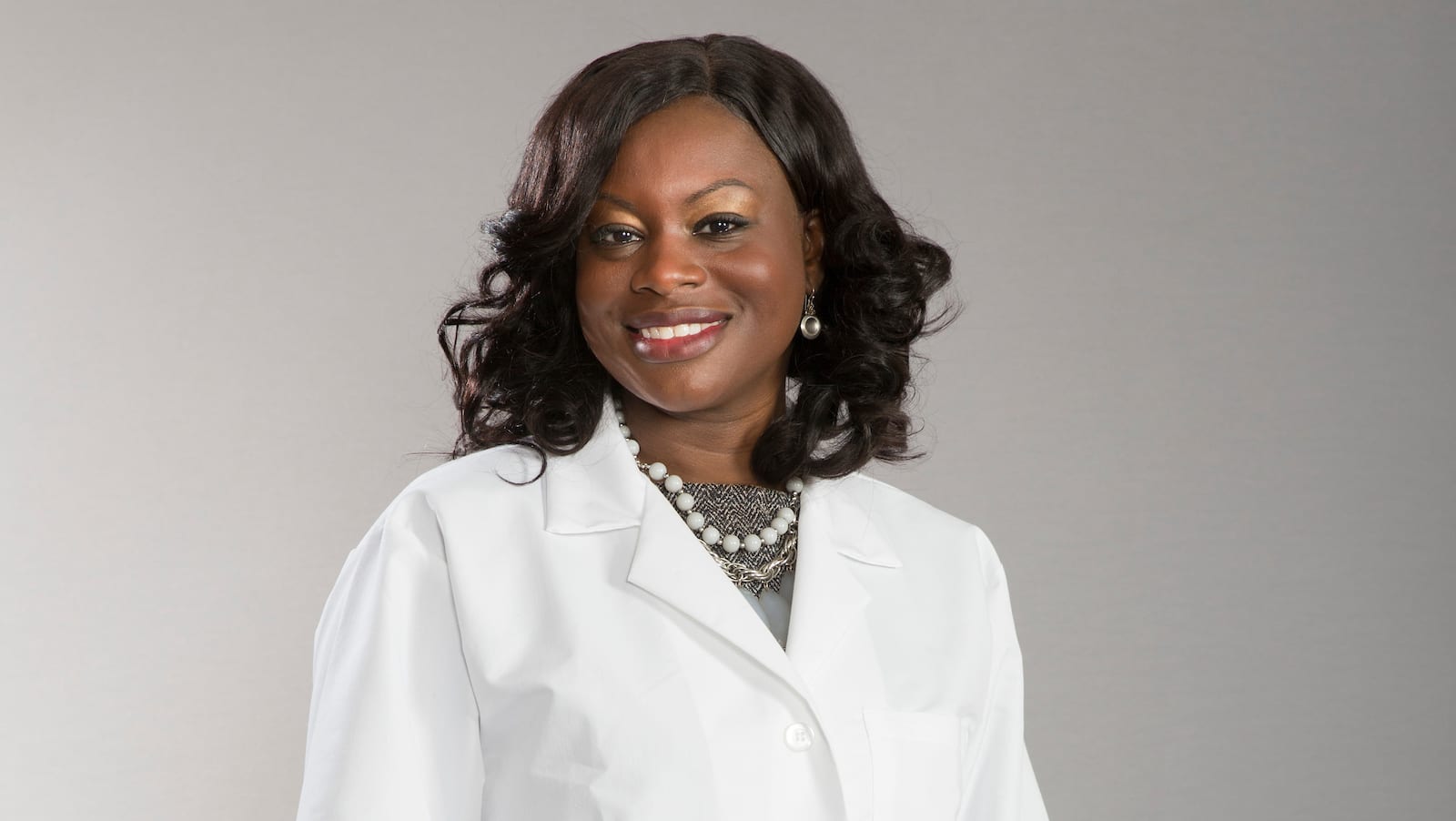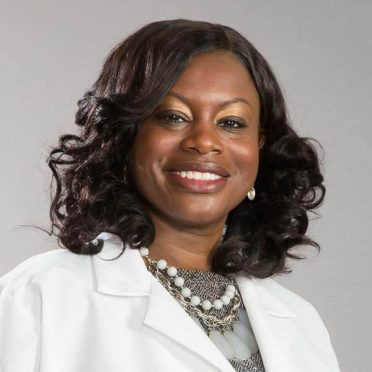I’m a doctor, thanks to those who came before me
In my youth, I didn’t know any physicians who looked like me. I met no doctors of color. I was the first in my family to attend college and the first to become a physician.
Looking back, there are many influences on my life, those who helped me believe in myself and achieve success along the way. From the basketball coach who guided me through the college application process to the pediatrician who convinced me that I could be a doctor, I am standing on the shoulders of giants. There are so many indignities that I don’t have to endure today, thanks to the efforts, trials, and tribulations of the ones who came before me.
Black History Month is a chance to recognize the many African Americans who changed the course of healthcare, through research, patient care, and medicine. Here are just a few:
Patricia Bath, MD – the first black woman to receive a medical patent, for a device and technique for cataract surgery known as laserphaco. In 1983, she was the first woman appointed chair of ophthalmology at a US medical institution (UCLA).
Robert Boyd, MD – president and co-founder of the National Medical Association, the nation’s oldest and largest organization representing black physicians and healthcare professionals, organized in 1895. Racial exclusivity and segregation laws made black physician membership in America’s other professional organizations virtually impossible.
Alexa Canady, MD – first black female neurosurgeon. She served as chief of neurosurgery at Children’s Hospital of Michigan from 1987 to 2001.
Charles Drew, MD – pioneered methods of storing blood plasma for transfusion and organized the first large-scale blood bank in the U.S. during WWII. Dr. Drew became chief surgeon at Freedman’s Hospital in Washington D.C., and the first black examiner for the American Board of Surgery.
Mae Jemison, MD – first African American woman admitted to the US astronaut training program, becoming the first African American woman in space in 1992, as a crew member of the space shuttle Endeavor. She earned her M.D. in 1981 from Cornell University Medical College and became a teaching research physician with the Peace Corps.
Daniel Williams, MD – one of the first physicians to perform a successful open-heart surgery, Dr. Williams opened Provident Hospital in Chicago in 1893, the first black-owned hospital and the first medical facility with an interracial staff.
As a physician of color, I feel a responsibility to pay it forward. I want the next generation to see me and what can be achieved. I want patients to have access to physicians and providers who look like them.
I am proud of the work we’re doing at Hartford HealthCare. My colleague at the Institute of Living, Dr. Jensi George, has just been recognized as a “100 Women of Color” award recipient for her contributions as a board-certified psychiatrist.
It’s not an easy path. I’ve had my fair share of obstacles. How you handle adversity is how your success is measured. You don’t have to climb the mountain – ingenuity and creativity can help navigate around or through it. It is doable.
For more information on health services at The Hospital of Central Connecticut, visit thocc.org.
Camelia Lawrence, MD, FACS, is Director of Breast Surgery at The Hospital of Central Connecticut and MidState Medical Center.


